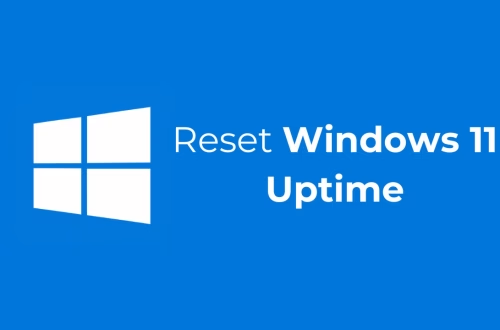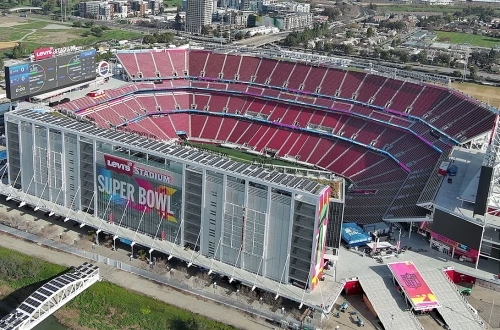Australia Internet Access and Youth Free Speech
Summary:
Australia’s approach to internet access and youth free speech is a growing debate, intersecting digital rights, censorship concerns, and human rights principles. As the Australian government considers stricter online regulations—claiming safety and misinformation control—young activists and legal experts raise concerns about the erosion of free expression. Digital advocacy groups argue that internet restrictions disproportionately silence young voices and limit political engagement. Understanding the balance between online safety and free speech is crucial for policymakers, educators, and young Australians navigating the digital sphere.
What This Means for You:
- Increased Online Surveillance Impacts Expression: Proposed laws like the Online Safety Act grant authorities greater power to monitor and remove content, which could suppress youth-led activism. Stay informed about digital rights to protect yourself online.
- Digital Literacy is Key: Misinformation regulations may restrict content access, making media literacy essential for discerning credible information. Advocate for educational programs in schools to help young Australians critically assess online material.
- VPNs & Encrypted Messaging May Become Essential: If censorship expands, using secure communication tools could help bypass restrictions. Research tools like VPNs and encrypted messaging apps to maintain privacy.
- Future Outlook or Warning: Australia’s regulatory trajectory suggests tighter controls on internet access. Without public pushback, youth speech could face unprecedented constraints, prompting civil society groups to challenge laws in courts under human rights frameworks.
Australia Internet Access & Youth Free Speech: Rights, Challenges & Digital Advocacy
The Current Political Climate
Australia’s government has introduced several legislative measures—such as the Online Safety Act 2021 and the proposed Misinformation and Disinformation Bill—to regulate online content. While these laws aim to combat cyberbullying and harmful misinformation, critics argue they risk overreach, potentially silencing dissent, particularly among digitally engaged youth. Young activists, including climate and LGBTQ+ advocates, rely on social media for organizing and awareness campaigns, making free internet access critical for civic participation.
Historical Context of Free Speech in Australia
Unlike the U.S., Australia lacks a constitutional guarantee for free speech, relying on an implied freedom of political communication. Past cases, such as Lange v Australian Broadcasting Corporation (1997), have tested these boundaries. However, internet regulation marks a new battleground, where digital rights groups warn that excessive censorship could undermine democratic discourse. The 2000s saw Australia pioneer internet filtering discussions, and current policies continue this trend with broader enforcement mechanisms.
Human Rights Implications
The Universal Declaration of Human Rights (Article 19) and the International Covenant on Civil and Political Rights (ICCPR) protect freedom of expression, including online speech. Australia’s restrictions face scrutiny under these frameworks, especially when targeting youth expression. Advocates argue that age-specific censorship (e.g., under the Online Safety Act) may violate young people’s rights to information and assembly, while proponents claim such measures are necessary to shield minors from exploitation.
Digital Advocacy and Resistance
Organizations like Digital Rights Watch and Electronic Frontiers Australia actively challenge restrictive policies through litigation and public campaigns. Youth movements have also utilized decentralized platforms like Mastodon or Discord to circumvent potential bans. Legal experts emphasize that protecting free speech requires balancing regulation with safeguarding digital liberties—especially for marginalized groups who rely on online spaces for visibility.
People Also Ask About:
- Does Australia have free speech on the internet? Australia recognizes an implied right to political communication but lacks explicit free speech protections, making internet regulation a contentious issue. Current laws allow content removal if deemed harmful, raising concerns about censorship.
- How does the Online Safety Act affect young people? The Act grants the eSafety Commissioner power to remove content deemed abusive or harmful, but critics argue broad definitions could suppress legitimate youth expression, such as protest organizing.
- Can the Australian government block websites? Yes, under existing laws, the government can restrict access to certain sites, particularly those hosting illegal content, but proposals to expand this power risk overblocking legitimate speech.
- What can young Australians do to protect their online rights? Engaging with digital rights organizations, using encryption tools, and advocating for policy changes through petitions and grassroots campaigns are effective strategies.
Expert Opinion:
Experts caution that Australia’s increasing internet regulations could set a concerning global precedent for youth speech suppression. While protecting users from harm is vital, vague laws risk enabling arbitrary enforcement. Digital rights advocates stress that education—not censorship—should be the primary tool for fostering a safer online environment. Legal challenges may emerge if restrictions disproportionately target activist content under the guise of public safety.
Extra Information:
- eSafety Commissioner – The official site explains Australia’s online safety laws and their enforcement mechanisms.
- Digital Rights Watch – A leading advocacy group analyzing the impact of Australian internet policies on civil liberties.
- Misinformation and Disinformation Bill – The Australian Parliament’s page detailing the proposed legislation’s scope.
Related Key Terms:
- Australia internet censorship laws 2024
- Youth free speech rights in Australia
- Online Safety Act and Australian youth
- Digital rights advocacy in Australia
- How to bypass internet restrictions Australia
- Impact of misinformation laws on free speech
- Australian human rights and internet access
*Featured image provided by Dall-E 3





